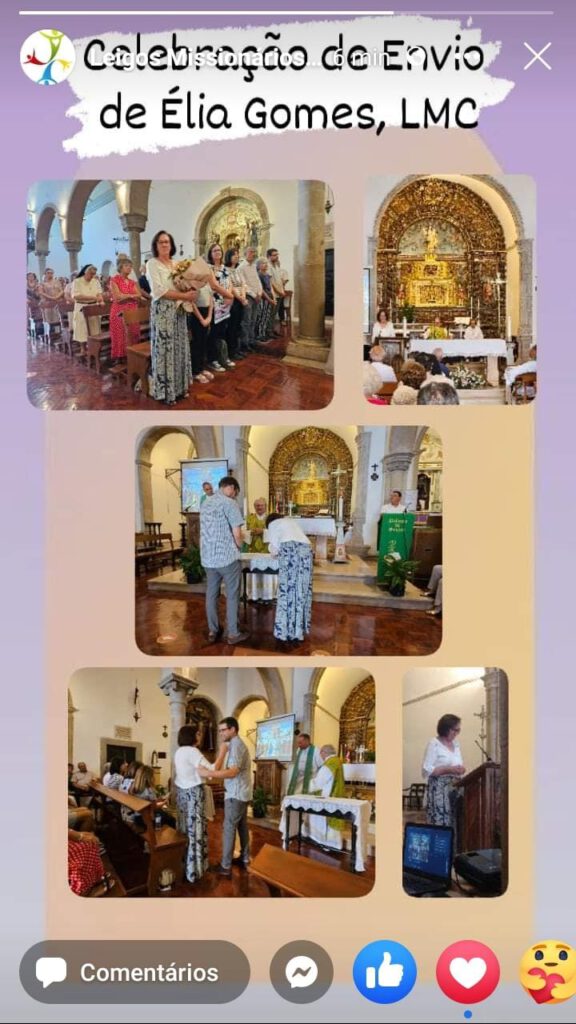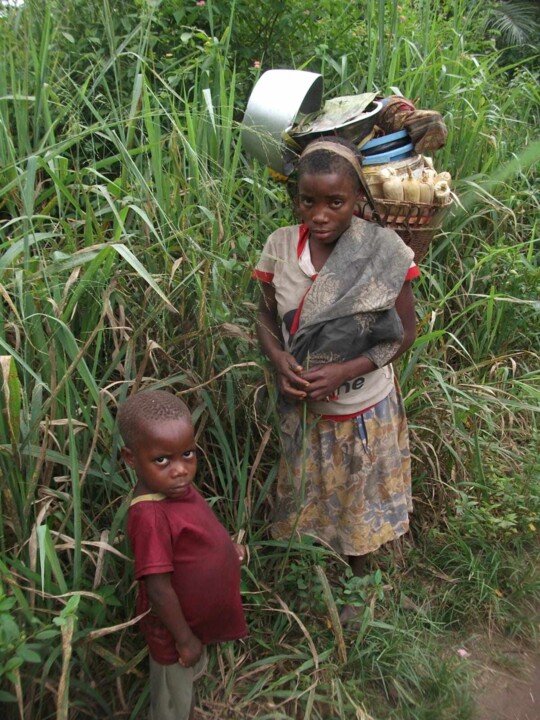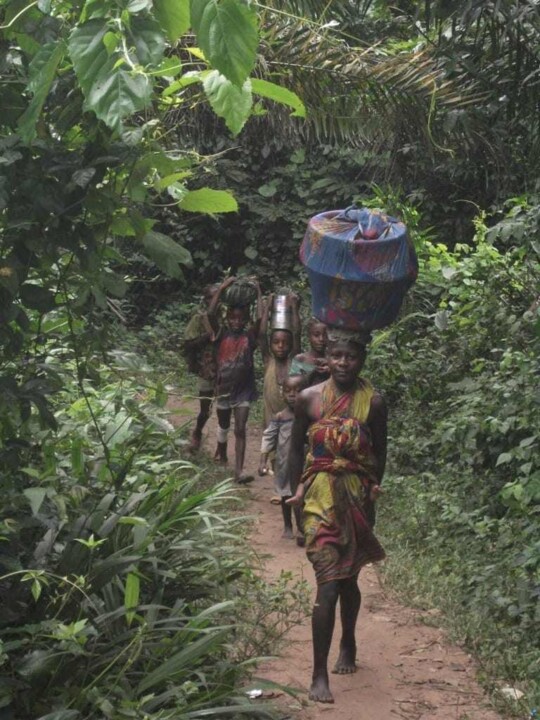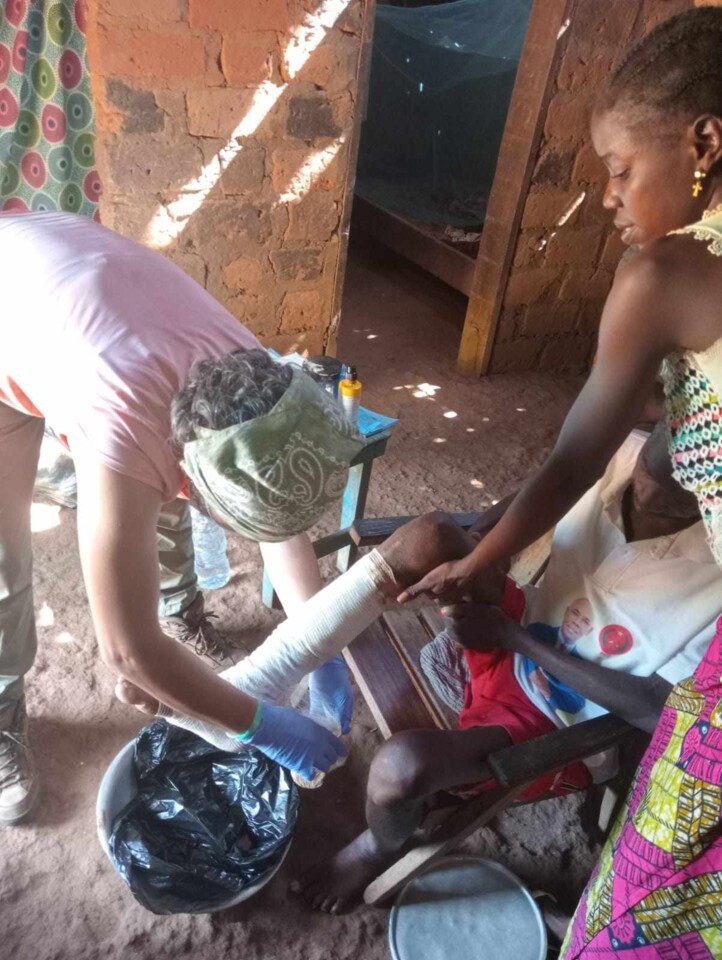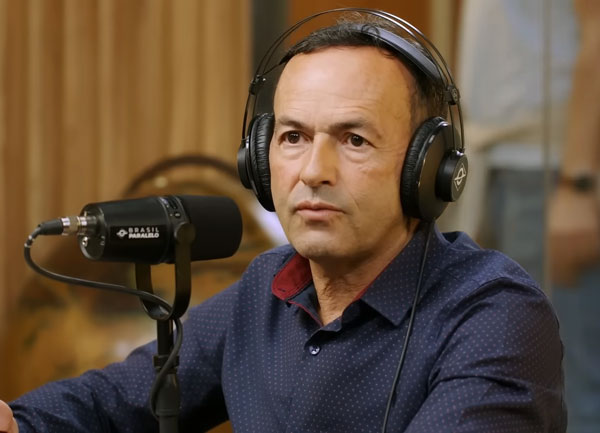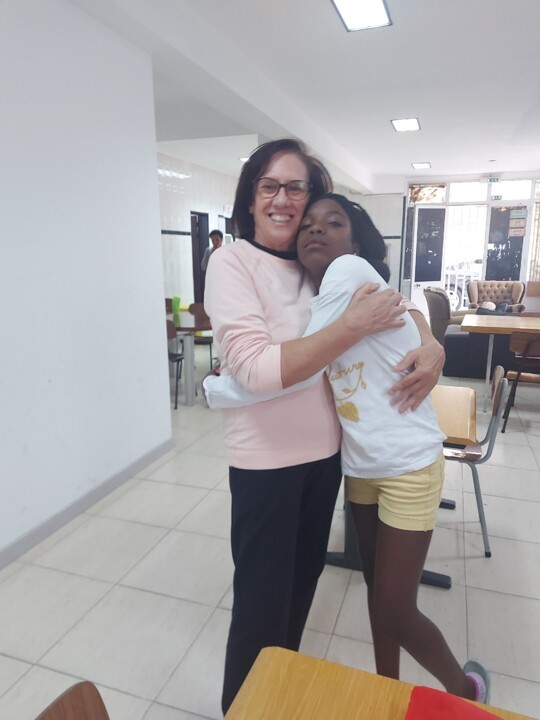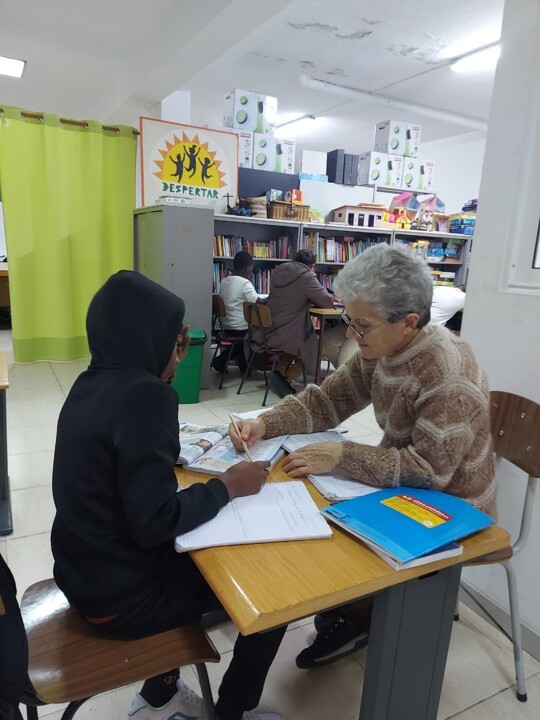“Where I once left my heart”
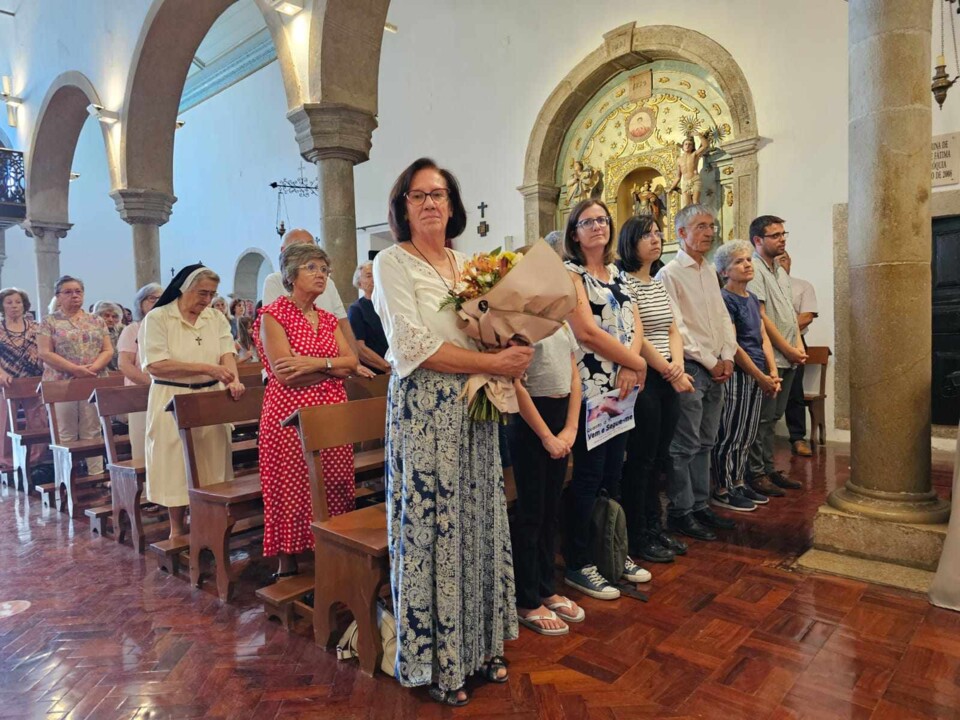
After seven years in Portugal, five of which were spent supporting the family and working in elderly people’s homes (at the Missionary Sisters of Charity in Faro and at the Parish Center in Paderne) and another two years on mission in the parish of Camarate, I’m leaving to return to the CAR, where I’ve already been for five years.
It won’t be easy, but I know that this is the path God has for me.
The Central African Republic (CAR) is the place where I feel I have been called to serve God and people with joy, in the hope of bringing the message of the Gospel and helping to build a better and fairer world, together with the poorest and most abandoned according to Comboni’s missionary style.
I will face new challenges and difficulties, but I am confident that, with God’s help and the protection of Our Lady of Hope, I will be able to overcome them.
I thank my family and friends for supporting me in this decision.
I thank my parish of Paderne and the Parish Center for always welcoming me with affection despite my long absences.
I thank my community in Fetais and all those who helped me during my time in Camarate.
Finally, I thank the CLM Movement and the Comboni Family for transmitting to me the essence that inspires me to go.
“If I had a thousand lives, I would give a thousand lives for Africa”
Élia Gomes CLM – Portugal




